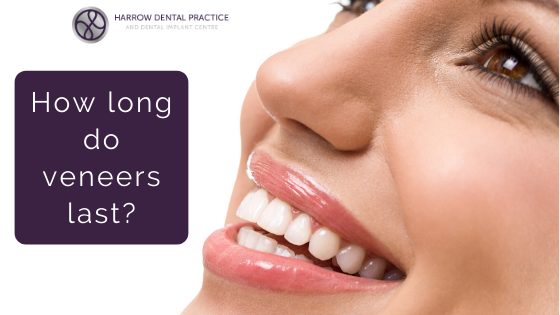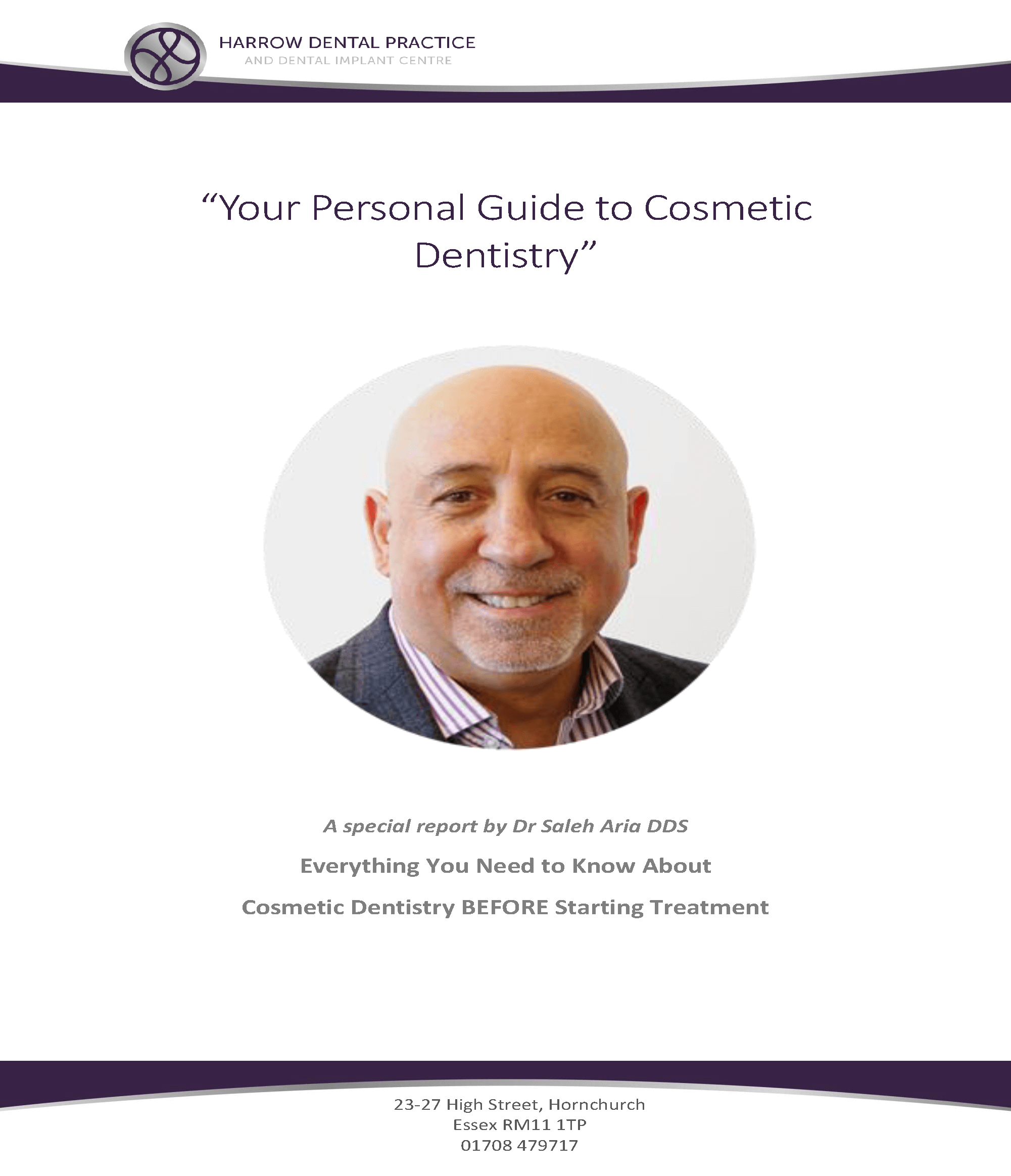So you’re thinking about getting dental veneers? Or perhaps you have just had dental veneers and want to know useful information about how long they are going to last?
We will answer a series of questions that people commonly ask about dental veneers, each of them taking a different viewpoint on the overall question of how long do veneers last.
Is it a bad idea to veneer healthy teeth?
This is a good place to start our journey into looking at dental veneers, should you have them in the first place and should they be used over healthy teeth?
There is always a balance in dentistry, balancing the health of your teeth and gums with how you look. Ideally most dentists would want to maintain as much natural healthy tooth structure as possible, however in some circumstances teeth can be very dark (such as with tetracycline staining), and ugly shape or broken down.

Generally speaking dental veneers require 0.5 mm of reduction of 2 separate in order to accept the new custom-made veneer. This is a very small amount but if your natural teeth have already begun to wear this may go all the way through the enamel and into the softer dentine underneath.
A veneer will have a border all the way around the edge where it meets the natural tooth and it is often this border which causes any problems. If any small amount of bacteria gets in underneath the veneer then they can cause decay in the underlying tooth.
Dental veneers may also fracture, if this happens the veneer will need to be completely removed and manufactured again.
For these reasons it is best to err on the side of caution and leave natural teeth as they are… Unless they cause you concern due to the way they look.
This is when the balance tips the other way, if the benefits of having a new, bright and fresh smile outweigh any of the downsides of having natural tooth surface removed.
Veneers are then absolutely the right thing to do.
Can you get veneers with gum disease
Gum disease typically means that the oral health isn’t quite as good as it could be. If the oral health isn’t as good as it could be for veneers, then it is indicative that it will not be as good after veneers, and veneers need to be looked after as well as natural teeth do.
Gum disease can include swollen, puffy and bleeding gums, this can make the process of having veneers difficult in the first place, plus the margin between the veneer and the tooth could irritate these already irritated gums and therefore make the gum disease worse.
Prior to getting veneers any dentist will want to ensure that the oral health is in good condition, with a good oral health care routine with daily brushing. Then, and only then should veneers be considered.
Are veneers permanent
Because veneers are a thin layer which is applied over the surface of the natural teeth many people consider them to be temporary. However, your tooth is likely to have been trimmed down slightly by the dentist to accept a veneer, for this reason, dental veneers should always be considered a permanent treatment.
In some circumstances a dentist may be able to apply a thin layer of composite resin to the surface of the tooth without reducing the tooth. If this is what the dentist does then it may be possible to remove the raising and therefore remove the veneer.
What is life like with veneers?
living with dental veneers should be virtually the same as living with natural teeth. Daily cleaning with a brush, floss and mouthwash is still advised and is in some ways more important with restorations.
One of the biggest problems with veneers they can chip and crack, particularly porcelain veneers. The highest incidence of these happens when people accidentally banged their teeth on a glass or mug, this porcelain on porcelain contact often can chip the veneers.
All that is required for living with dental veneers is to remember that dental veneers are fitted, be careful with the foods that are eaten to ensure that the front teeth on used an extremely hard foods… And be careful with those drinks!
How long does tooth bonding last?
Tooth bonding is the process of applying a thin layer of composite resin the outer layer of the, often known as composite veneers or immediate veneers. the advantage of this type of veneer is that they are quick to do, often being done in a single appointment with no injection. They do however have a tendency to pick up stains including red wine, coffee and tea.
A typical tooth bonding veneer will last between 5 and 7 years before it needs replacing. This time can be dramatically reduced is particularly strong coloured foods are ingested and/or the veneers are put under too much stress and they break.
How long do veneers last?
It depends on which type of veneer you have, with proper care and attention:
- composite bonding veneers typically last 5-7 years
- porcelain veneers typically last 10-15 years
Veneers may last slightly less time if you grind your teeth, although this will be spotted by your dentist prior to having veneers in the 1st place.
Summary
Taking the average lifespan of the dental veneer to be around 10 years puts the typical cost of a porcelain veneer to about £85 per year, if you care for your veneers with good quality dental care than they could last even longer.
If you follow the dental procedures outlined above and take good care of your teeth then your veneers should give you long and excellent service.
More information can be found here.


 A 22 page report full of the most useful information, ideal if you’re thinking about having dental veneers
A 22 page report full of the most useful information, ideal if you’re thinking about having dental veneers